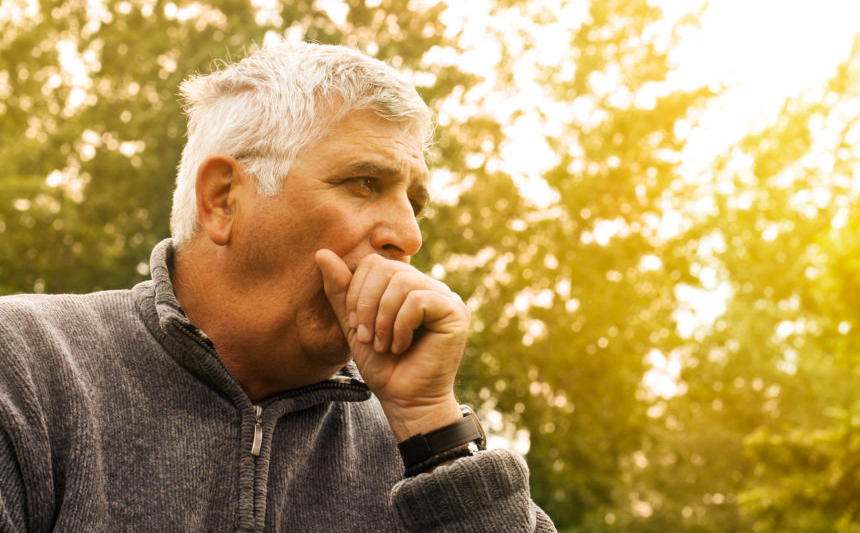Answers to common questions about COPD

Chronic obstructive pulmonary disease, or COPD, is a potentially debilitating lung disease that makes it difficult to breathe and tends to get worse over time.
There are two main types of COPD: emphysema and chronic bronchitis.
If you or a loved one has been diagnosed with COPD, you might be unsure of what comes next. I’m here to answer some of the questions I hear most often about the disease.
What causes COPD?
About 18 million Americans suffer from COPD, and the vast majority of cases – between 85 and 90 percent – are caused by smoking.
What type of doctor treats COPD?
Generally, a pulmonologist (lung specialist) or a thoracic surgeon (lung surgeon) will decide if you need oxygen, whether you would benefit from pulmonary rehabilitation, and what type of medicine or surgery would be appropriate for you.
What is a bronchodilator?
Bronchodilators are medicines that help relax muscle airways. They can be prescribed in either short-acting or long-acting form and can come as an inhaler or a pill.
Bronchodilators are the most popular outpatient treatment for COPD – they are effective in treating symptoms and will improve your ability to exercise. Occasionally, steroids will be added to your treatment regimen to help reduce the frequency of breathing flare-ups and improve your quality of life.
What are PFTs?
PFTs are pulmonary function tests. These tests allow your doctor to evaluate your overall lung function and the severity of your symptoms. Based on the results of your PFTs, your doctor can then make treatment recommendations for you.
Over time, your doctor may reorder PFTs to gauge your improvement after being on medication.
What is pulmonary rehabilitation? Does it work?
Pulmonary rehabilitation is usually performed at a hospital or healthcare facility and can help increase your exercise capacity, reduce your breathlessness and improve your quality of life. Most patients benefit from pulmonary rehabilitation programs, which usually last between six and 10 weeks.
It’s not uncommon to be afraid or anxious when you’re short of breath. The good news is pulmonary rehab can also help improve these symptoms of anxiety and depression that we sometimes see in patients.
Is surgery an option for patients with COPD?
Some COPD patients form blebs or bullae – blisters on the lungs that are similar to a bald spot on a tire. These areas are prone to rupture, which could potentially lead to a collapse of the lung. Some of these blebs become so large that they actually press down on good portions of the lung and make breathing more difficult.
In these cases, your doctor may recommend surgery to remove the diseased portions of the lung. This can help prevent a future collapse and free up good portions of the lung to help improve your breathing.
Is lung transplant ever an option in COPD?
Absolutely. In fact, about 85 percent of current lung transplant candidates worldwide have emphysema-related diseases, including cystic fibrosis, pulmonary fibrosis and pulmonary hypertension.
Transplants are not done if the patient has active cancer, uncorrectable heart disease or is currently smoking or abusing substances. Lung transplants are performed at specialized centers, and patients who undergo this procedure often have very good outcomes.




